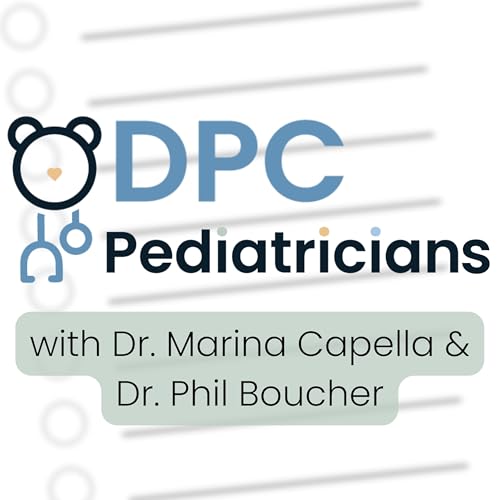This podcast episode provides actionable, step-by-step advice for pediatricians who are considering launching their own direct primary care (DPC) practices, highlighting critical preparation strategies, pitfalls to avoid, and essential resources for a smooth transition.
Key Highlights
* Defining Your Vision and Brand
* Before taking practical steps, aspiring DPC practitioners should define the vision for their clinic, including which populations or services to focus on, care models, and how their personal strengths differentiate their practice.
* Building a suitable brand and refining this vision will influence choices regarding location, size, and offerings, setting the foundation for future growth.
* Crucial First Steps
* The most important initial actions include learning about DPC via summits, podcasts, and online groups, understanding personal motivations, and saving up for startup costs if needed.
* Developing a resilient mindset for success is key, particularly as launching a practice involves overcoming doubts and embracing flexibility as situations inevitably evolve.
* Navigating Contracts and Legal Issues
* Phil and Marina strongly advise obtaining and reviewing employment contracts to anticipate legal hurdles such as non-compete clauses, restrictions on patient communication, and potential backlash when departing existing jobs.
* Consulting an attorney, or using tools like ChatGPT for contract review, can help identify risks, plan exit timelines, and ensure compliance with state-specific regulations.
* Administrative Set-up
* Establishing a legal entity such as an LLC or PLLC (depending on state) is necessary to receive payments, open business accounts, and set up other key infrastructure.
* Choosing a business name should be approached with care to avoid complications later; alternatives like “doing business as” names can help adapt as the practice evolves.
* Phil and Marina caution against unnecessary spending on third-party business registration services, highlighting that state and federal registrations are generally straightforward and inexpensive when done directly.
* Planning and Resource Management
* Practitioners should create a clear timeline and a checklist for tasks leading up to the launch, using tools like startup guides or project boards to stay organized.
* Flexibility is important, as some steps may take longer than expected, and pivoting plans is often necessary in entrepreneurial ventures.
* Support and Community
* Leveraging online groups, summit content, and available startup guides greatly facilitates the transition, offering motivation, expertise, and camaraderie for new DPC doctors.
Final Advice
The episode closes with Phil and Marina encouraging listeners to seek out the DPC Pediatrician startup guide, join supportive communities, and give themselves grace for unexpected delays, assuring them that the journey, while challenging, is filled with opportunities and supportive colleagues.
This is a public episode. If you would like to discuss this with other subscribers or get access to bonus episodes, visit dpcpediatricians.substack.com
 Jan 26 202636 min
Jan 26 202636 min Jan 18 202616 min
Jan 18 202616 min 12 min
12 min Dec 27 202533 min
Dec 27 202533 min Dec 2 202536 min
Dec 2 202536 min Nov 15 202516 min
Nov 15 202516 min Oct 31 202525 min
Oct 31 202525 min Oct 31 202524 min
Oct 31 202524 min
